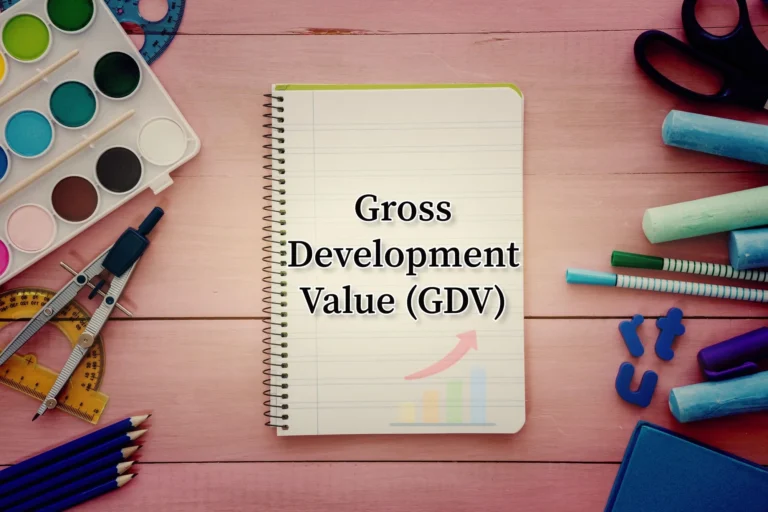What is Minimum wage which is set to rise in 2024?
Chancellor Jeremy Hunt confirmed that the national living wage will see an increase starting from next April i.e. April 2024. This proposed increase is set to raise the minimum wage for workers aged 23 and over from £10.42 to a minimum of £11 per hour. Approximately two million individuals would benefit from this wage boost.
The rates are decided each year by the government, based on the advice of an independent advisory group, the Low Pay Commission.
Minimum Wage April 2023 to March 2024
As for the current minimum wage rates in the UK, which officially goes by the name “National Living Wage,” they are as follows since April 1, 2023:
- National Living Wage for individuals aged 23 and over: £10.42 per hour
- National Minimum Wage for those aged 21-22: £10.18 per hour
- National Minimum Wage for 18 to 20-year-olds: £7.49 per hour
- National Minimum Wage for under 18s: £5.28 per hour
- The Apprentice rate: £5.28 per hour (applying to individuals aged under 19 or those over 19 in their first year of apprenticeship).
The Chancellor is anticipated to announce this minimum wage increase of at least £11 per hour during the upcoming Tory conference.
The Conservative Party claims that this adjustment would result in £1,000 annual earnings increase for full-time workers on the national living wage next year. Importantly, the minimum wage remains consistent across all regions of the UK.
Projected Minimum Wage Workers
The expected number of national minimum wage workers in April 2023 across the UK is as under:
| Region | National Living Wage |
|---|---|
|
North East |
130,000.00 |
|
North West |
300,000.00 |
|
Yorkshire & Humber |
310,000.00 |
|
East Midlands |
200,000.00 |
|
West Midlands |
270,000.00 |
|
South West |
200,000.00 |
|
East |
220,000.00 |
|
London |
200,000.00 |
|
South East |
280,000.00 |
|
Wales |
120,000.00 |
|
Scotland |
180,000.00 |
|
Northern Ireland |
130,000.00 |
| Total |
2,540,000 |
Mandatory to Pay Minimum Wage
In the UK, a range of sectors, including retail, care, and hospitality, employ a significant number of minimum-wage workers, though they can be found in various other industries as well.
The national minimum wage establishes the legal minimum hourly wage for workers above the school-leaving age, and employers failing to meet these wage requirements can be subject to fines by HMRC (UK tax authority).
Individuals who believe they are entitled to the minimum wage but are not receiving it can lodge complaints through the HMRC website, seek advice from the Acas website, or contact the Acas helpline at 0300 123 1100.
Fine for Breaching Minimum Wage
In June, the government disclosed that over 200 companies had been fined nearly £7 million and ordered to reimburse 63,000 workers for minimum wage breaches dating back over a decade.
Notable companies involved in these breaches included WH Smith, Marks & Spencer, Argos, and Lloyds Pharmacy, with WH Smith being the most significant offender, having failed to pay over £1 million to more than 17,600 workers.

Frequency & Factors Determining Minimum Wage
The minimum wage rates are determined annually by the government, taking into account the recommendations of an independent advisory group known as the Low Pay Commission. These recommendations consider factors such as employment levels, wage trends, and the cost of essential goods like food and housing.
Not Entitled for Minimum Wage
It is important to note that not everyone is entitled to the minimum wage. This includes self-employed individuals, company directors, volunteers, members of the armed forces, and individuals living and working in religious communities.
People with disabilities or those in long-term unemployment who participate in government work programs may receive fixed payments at various stages of the scheme, which can be lower than the minimum wage.
Prison labor is compensated at a minimum of £4 per week, and students on work placements lasting less than a year as a required part of their studies are not entitled to any pay.
History of Minimum Wage
The minimum wage law was passed in 1998 by the Labour government and took effect the following year. The minimum wage is updated annually based on the advice of the independent Low Pay Commission (LPC).
Initially, it was set at £3.60 per hour for those aged 22 and older, and £3.00 per hour for 18-21-year-olds.The introduction of the minimum wage aimed to address the issue of the lowest-paid workers experiencing the slowest wage growth.
Concerns were raised before the implementation of the minimum wage that it might lead to job losses as employers would offset the higher wage costs by hiring fewer workers.
However, this concern did not materialise, as there is no conclusive evidence of overall job losses linked to the minimum wage, and any negative impacts on certain worker groups have been limited.
Real Living Wage
Additionally, there is a voluntary “Real Living Wage,” established by the Living Wage Foundation charity, which is higher than the legal minimum wage and reflects the amount the charity deems necessary for covering everyday expenses.

Currently, it stands at £11.95 per hour in London and £10.90 per hour in the rest of the UK, with over 14,000 Living Wage-accredited employers.The new real Living Wage rates will be announced later this month on 24 October, which is expected for a significant increase.
Explore the complexities of “payroll taxes and deductions for employers” in this comprehensive guide. Learn how to manage them efficiently and stay compliant. Read now!
Conclusion
Advocates contend that raising the minimum wage has the potential to stimulate consumer expenditure and enhance the broader economy by providing low-wage workers with additional income.
Conversely, opponents caution that elevated labour expenses could result in workforce reductions, automation, and elevated prices for products and services.









